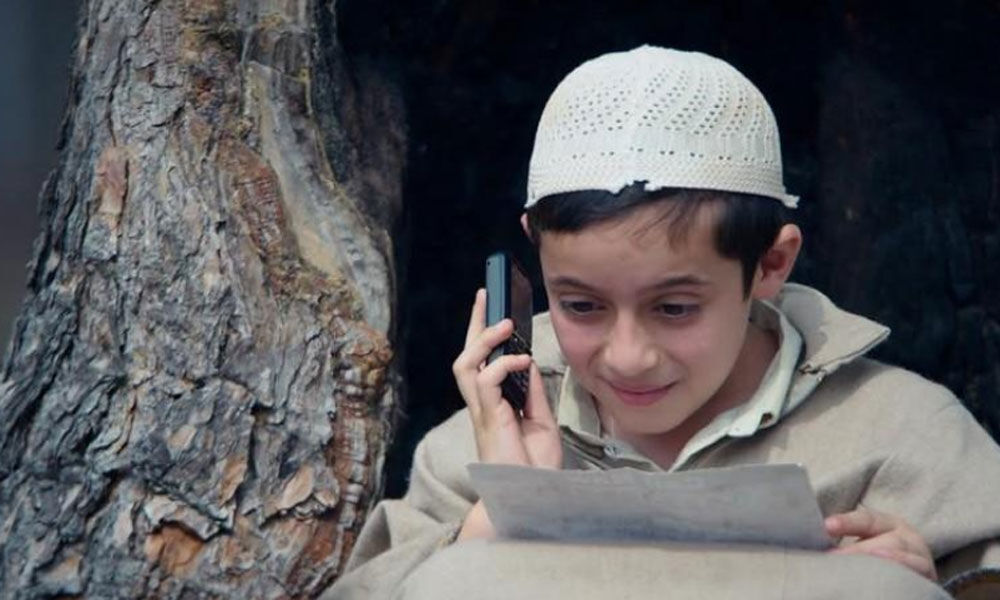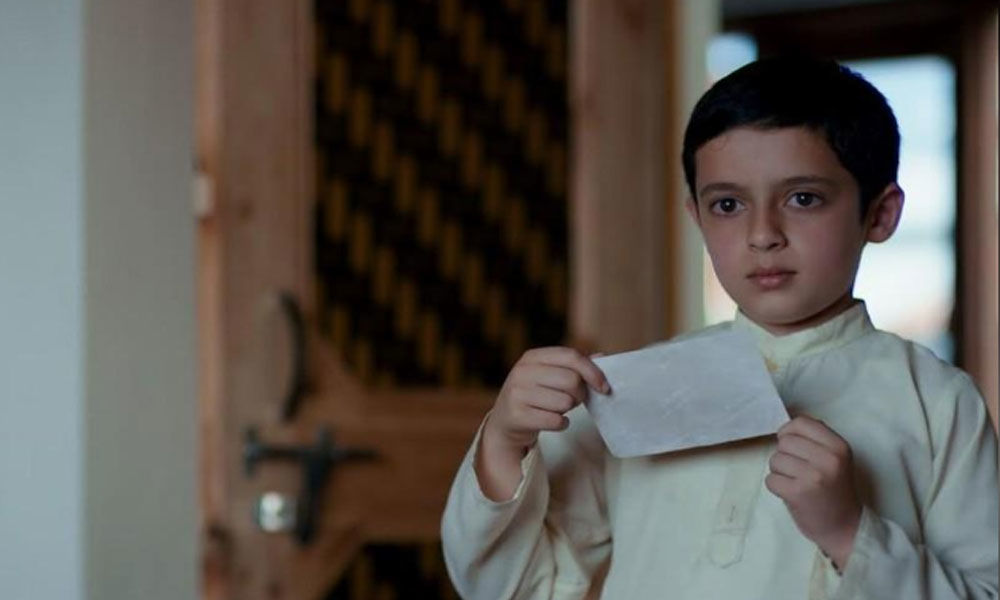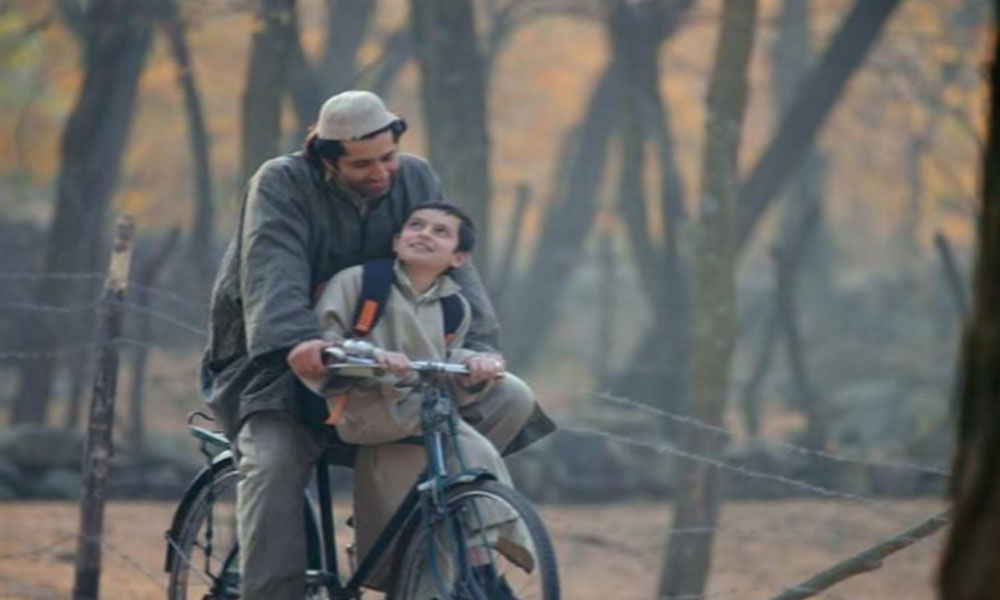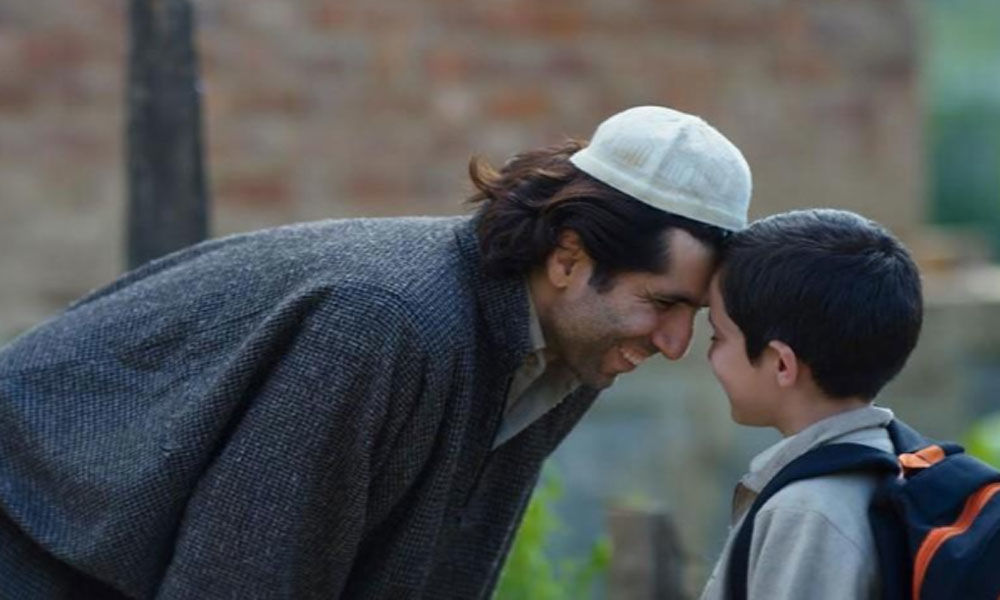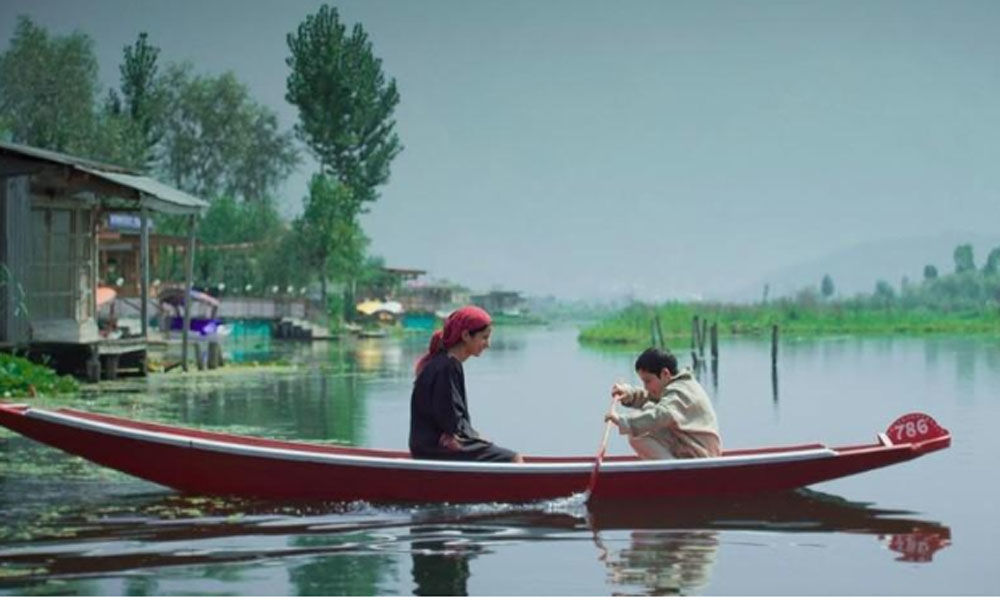Movie Review: Hamid
Aijaz Khan's "Hamid" is about the unusual connection between a precocious boy and a soldier in conflict-ridden Kashmir.
Aijaz Khan's "Hamid" is about the unusual connection between a precocious boy and a soldier in conflict-ridden Kashmir. It is a heartfelt – if a little naive – attempt at depicting the futility of war and the consequences of militancy, one that is uplifted considerably because it is narrated from the perspective of a child.
Little Hamid's world collapses when his father inexplicably vanishes in the middle of the night – one of thousands of Kashmiris who have gone missing during the decades-long insurgency in the region. A small-time boat-builder who loved his son and wife, Rehmat's (Sumit Kaul) disappearance leaves his wife Ishrat (Rasika Dugal) in shock and adrift.
Unable to come to terms with her situation and find closure, Ishrat is, for all practical purposes, an absent parent, and Hamid finds himself playing the role of adult in their two-person household. But it is not easy for a seven-year-old to grapple with loss, and Hamid holds on to the hope that his father will come back one day.
When an adult tells him that his father is with Allah, and upon realizing that 786 is "Allah's number", Hamid decides to reach out to God by dialling the number, which happens to belong to Abhay (Vikas Kumar), a CRPF soldier posted in Kashmir who is resentful that he has to deal with armed militants and hostile locals on a daily basis.
Even as he faces Kashmiri youth pelting stones at him every day and feels great animosity towards them, Abhay cannot help but be drawn to this young Kashmiri boy who thinks the voice at the other end is God. Hamid's innocent questions about his father and Abhay's increasing frustration with his job merge to form a tenuous connection between the two.
Khan tells his story with great affection – shots are beautifully framed by cinematographer John Wilmor, and the conversations between Hamid and Abhay are a treat to watch. But much like the landscape around him, Khan wants to keep his film pristine, away from the mud pit that is politics. "I don't want to get into politics," Hamid's mother Ishrat tells a group of women who want her to participate in a protest march.
But much as he would like to, Khan cannot escape the politics of the Kashmir conflict. We see stone pelters attacking the army, we see Hamid being lured by a man who wants him to train as a militant across the border, and there are mentions of army atrocities, but the film barely skims the surface of these issues.
As Hamid, Talha Arshad Reshi does most of the heavy lifting, bringing a wonderful innocence and pathos to his character. To his credit, Khan also captures Hamid's loneliness to the hilt, giving us a true sense of how a child deals with loss. As Hamid's phone friend, Vikas Kumar is also solid, as is Rasika Dugal as Hamid's mother.
This is not a film without its rough edges, but in today's tumultuous times, it might be prudent to focus on the tender relationship between a boy and a man who are both torn apart by conflict.


